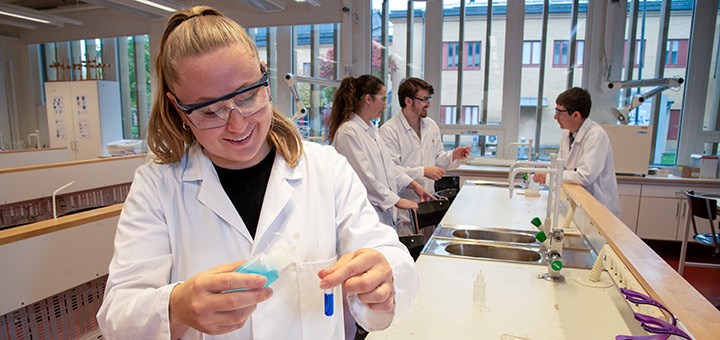Analytical Methods in Environmental Forensics II, Second Cycle, 15 Credits

The course provides more in-depth knowledge of various multidimensional chromatography techniques to separate complex mixtures and structural isomers. Emphasis will be given on theories and practical use of high-resolution mass spectrometry for the non-target analysis of organic pollutants in complex environmental samples. The application of various stable isotope analyses for source tracking and their use in environmental forensics is also discussed. Advanced techniques in toxicological and effect-based analysis are discussed in detail. Advanced data processing with various statistical methods, including pattern recognition, multivariate statistics and experimental design will be covered. Data from various analytical methods such as ordinary and NIR spectroscopy, Raman spectroscopy and mass spectrometry will be processed. Data reduction techniques such as cluster analysis, discriminant analysis, principal component analysis (PCA) and partial least squares (PLS) regression are also discussed during the course.
ECTS Credits
15 Credits
Level of education
Second cycle, has second-cycle course/s as entry requirements (A1F)
School
School of Science and Technology
When is the course offered?
-
Prerequisites: 4 credits from Analytical Methods In Environmental Forensics I, second cycle, 15 credits or knowledge of i) statistics including probability and descriptive statistics; ii) principles of separation theory and mass spectrometry including its qualitative and quantitative analyses using mass spectrometry; and iii) toxicological and bioanalytical methods such as cell-based methods for mechanism-specific effects.
Selection: Guaranteed place
Application code: X5117
